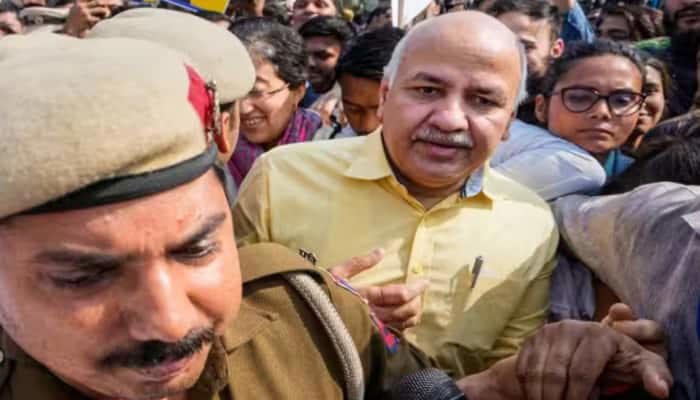The Supreme Court on Monday refused to grant bail to former Delhi Deputy Chief Minister Manish Sisodia in corruption and money laundering cases related to the now-defunct excise policy for the national capital. The Supreme Court, while directing the hearing of the case to be completed in six to eight months, said that if the hearing progresses slowly, Sisodia can apply for bail again at a later stage.
There were two separate regular bail pleas and a bench of Justices Sanjiv Khanna and SVN Bhatti had reserved its verdict on both on October 17.
On October 17, the top court asked the Enforcement Directorate (ED) to prove the money-laundering case against Manish Sisodia if the bribe allegedly paid to change Delhi’s excise policy is not part of the predicate offence. It will be difficult.
The Supreme Court had told the federal agency that it cannot proceed on the assumption that bribes were given and whatever protection there is under the law should be given.
Aam Aadmi Party (AAP) leader Manish Sisodia was arrested by the Central Bureau of Investigation (CBI) on February 26 for his alleged role in the Delhi liquor policy “scam”. Since then you leaders are in custody.
ED had arrested Manish Sisodia in the money-laundering case on March 9 after his interrogation in Tihar Jail, based on the CBI FIR.
Manish Sisodia had resigned from Delhi Cabinet on 28 February. The high court had on May 30 refused to grant him bail in the CBI case, saying he was a “high-profile” person who had been deputy chief minister and excise minister and had the ability to influence the Delhi government. Witness.
On July 3, the High Court refused to grant him bail in a money-laundering case involving alleged irregularities in the Delhi government’s excise policy, saying the charges against him were of “very serious nature”.
The Delhi government had implemented the policy on November 17, 2021, but canceled it in late September 2022 amid corruption allegations. According to the investigating agencies, under the new policy, the profit of wholesalers has been increased from five to 12 percent.
While agencies have alleged that the new policy resulted in factionalism and monetary benefits were given to those ineligible for liquor licenses, the AAP-led Delhi government and Manish Sisodia have denied any wrongdoing, saying the new policy Delhi’s share of income will increase.

